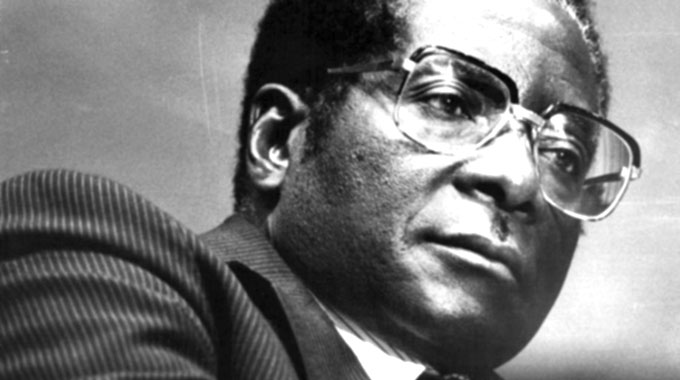(Looking Back)- Council handling of taxi issue condemned

The Rhodesia Herald,
10 January 1969
SALISBURY City Council’s handling of applications for taxi licences was “disgraceful”, and a negation of accepted standards of procedural justice, a Salisbury attorney said yesterday.
He said an applicant could be deprived of his taxi driver’s badge and, therefore, of his livelihood, without being told the case against him or being given an opportunity to reply to it.
Any request for the reasons for this action was refused.
The attorney said he had acted for taxi drivers and was “deeply and sincerely shocked” at the council’s procedure.
He had submitted to the council that its handling of the licence applications blatantly disregarded the principle of hearing the other side of a case.
“I very much doubt whether the proceedings of the City Council in regard to these applications would be upheld on review,” he said.
The attorney conceded, in fairness to the council, that it had not infrequently varied its decisions after submissions had been made to it.
The Chairman of the Traffic Control Panel, Alderman Bill Steer, described the attorney’s remarks as “mischievous”.
The procedure for dealing with applications was laid down in the Council’s by-laws and had stood the test of time.
If an applicant was of good character and had no police record, his licence was automatically renewed.
Only if he had a record did the panel consider withholding his licence.
Unsuccessful applicants knew that the cases against them were their records, which council could not publish.
Mr Steer said the panel was prepared to reconsider its recommendations if new facts were brought to light. He added that a new procedure for licensing taxi drivers was under consideration.
LESSONS FOR TODAY
- Half a century on, in post-Independent Zimbabwe, there are still issues between Harare City Council and the various forms of taxis – licensed, pirate and/or illegal operating in the city. The day-to-day running battles show that this is a battle that the City Council will not win any time soon, even if they seek the assistance of the Zimbabwe Republic Police.
- There are still complaints that council is not handling taxi licensing in a fair and transparent manner, with corruption being cited as a major impediment for those who genuinely want to acquire taxi licences.
- Though the current running battles between municipal police and taxi drivers/owners cannot be condoned, the major lesson is that even under a white-led Government, there were lots of injustice, considering that the majority of applicants in this business were black people.
- Instead of believing that certain races are more superior and beyond reproach, injustice, crime and/or corruption must be dealt with in a colour-blind manner, with the law not being applied selectively.
- Why do local governments come up with city by-laws if they are not going to be justly implemented? It is also interesting that for every perceived injustice, there are human rights defenders like in this case. Today, there are human rights lawyers willing to fight for the rights of those operating pirate taxis; unlicensed vehicles and/or those using fake drivers’ licenses, even if they are caught up in the traffic jungle caused by this lawlessness.
- World Class City Status by 2025 is achievable through good corporate governance.










Comments